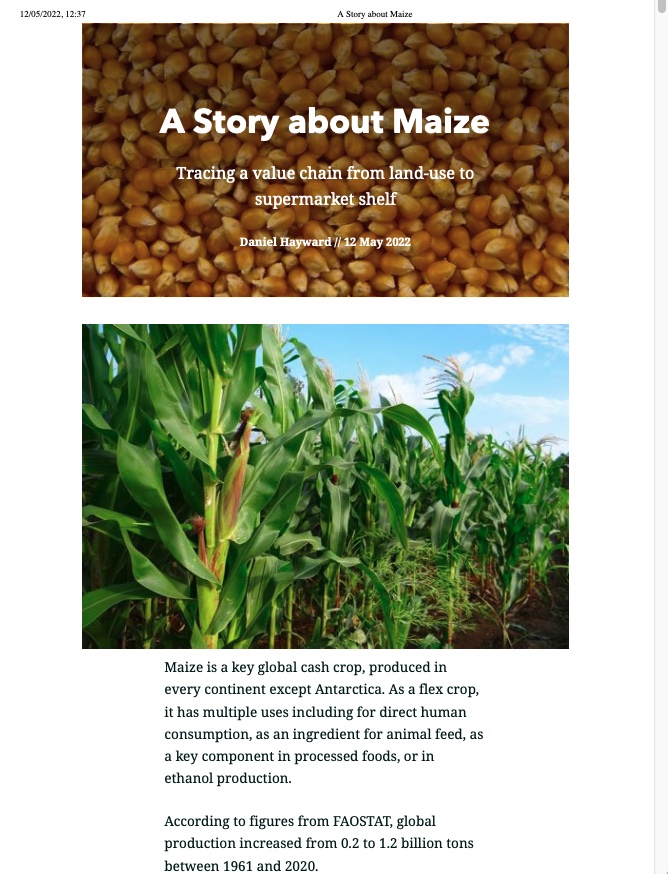Double dispossession? A history of land and mining in South Africa's former homelands
This is the PDF version of an online data story published by Land Portal on 28 April 2022.
Colonial and apartheid land dispossession in South Africa was the most extensive of any country in sub-saharan Africa. Despite a land reform programme initiated after the transition to democracy in 1994, equitable access to land remains an unresolved question in both urban and rural areas.











